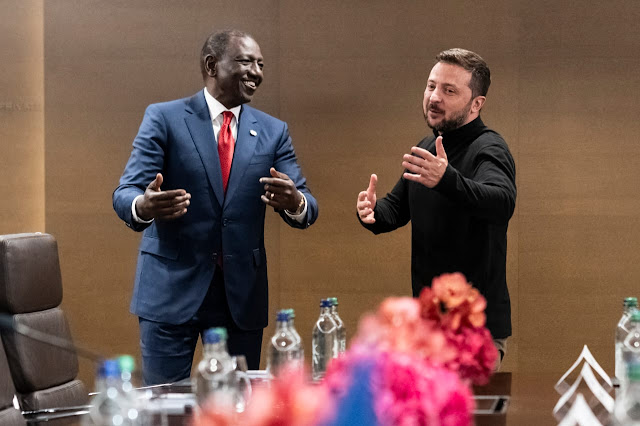
The International Community has added its voice to the dire situation in Kenya, accusing President William Ruto of duping Kenyans.
Ruto has been criticised both within and without the country for changing his stance after taking over office, especially on the taxes imposed on Kenyans and the proper use of public funds.
In the country, Ruto has been blamed for failing to fulfill his campaign promises to Kenyans especially to ‘Hustlers’ who were a major part of his campaign agenda.
Also, he has been attacked for increasing taxes on Kenyans despite critiquing the previous government for the same.
Outside the country, Zimbabwean author Nomazulu Thata is the newest critic of Ruto after Kenya was accorded non-NATO ally status by US President Joe Biden.
In a statement, the author argued that Ruto’s recent move to become part of NATO was detrimental to the country and the continent at large.
“What changed the mind of a President, from a moral high ground, eloquently unpacking chronic African debt challenges to a black boy from Kenya?” she posed.
She further argued that Ruto had deserted his former policies to protect Kenya and the dignity of African leaders.
Thata added that other African countries especially those in West Africa were forcefully removing foreign military bases from their countries. This was contrary to Ruto’s move to form strong military ties with the US.
Another of Ruto’s turnaround was Indian television station Firstpost Africa, which did a scathing analysis of Ruto’s multimillion jet trip to the United States in May.
The foreign station criticised Ruto’s move to fly out of the country in an expensive plane while carrying individuals who were not part of the government such as comedians.
In a different analysis by the Institute for Security Studies, Ruto was in the spotlight for being too pro-Western. Some African critics argued that he was too close to Western countries.
Another survey published by MegaTrends Afrika, also highlighted how Ruto was winning hearts abroad but becoming unpopular back home.
In the survey, Ruto’s peers criticised his foreign policy stance which appeared to be more aligned to the West rather than towards Africa.

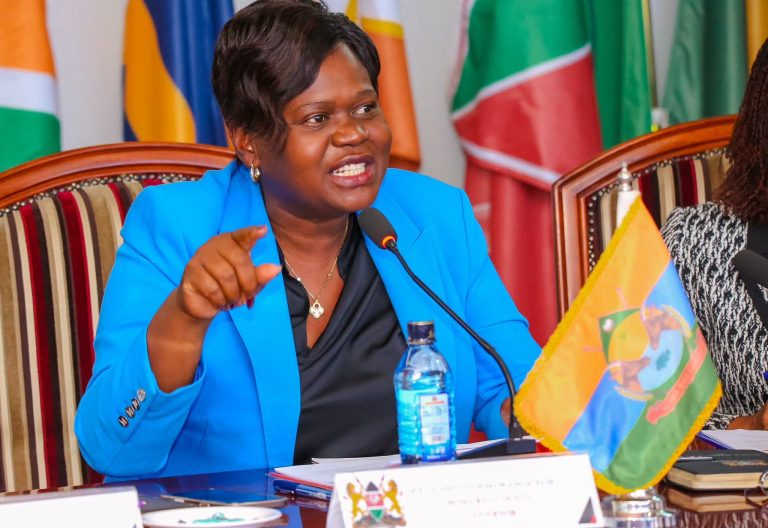
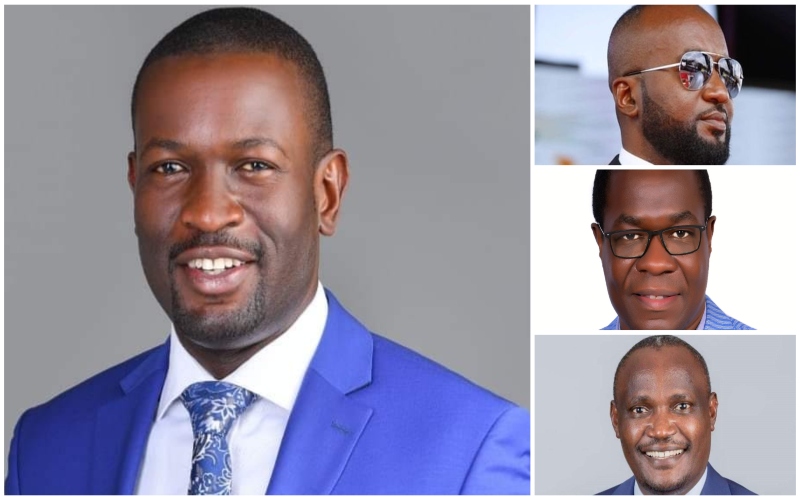

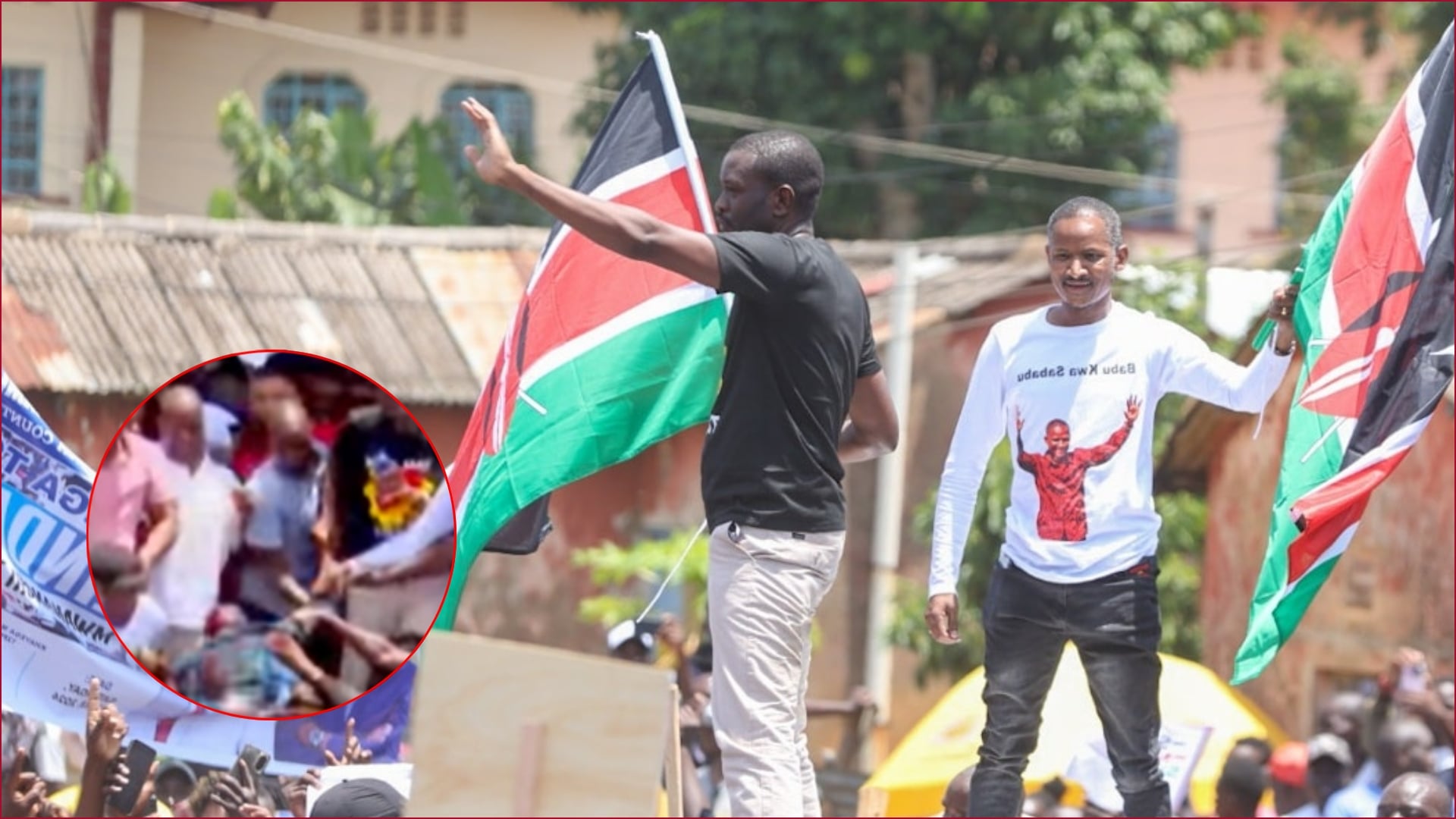
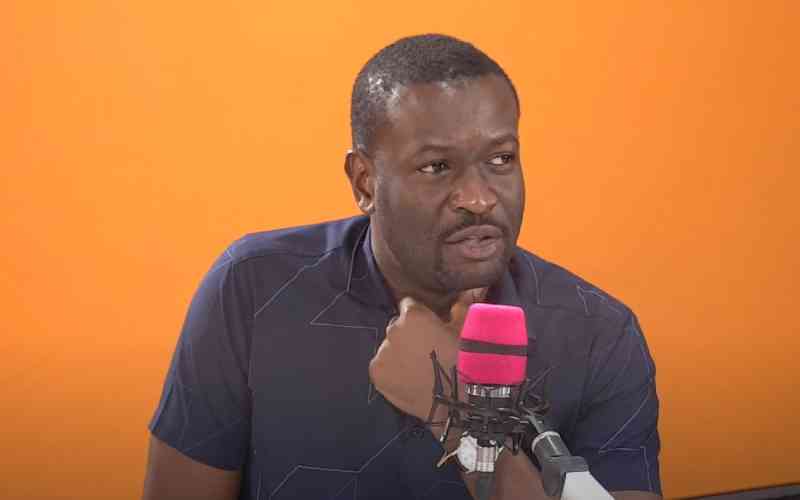
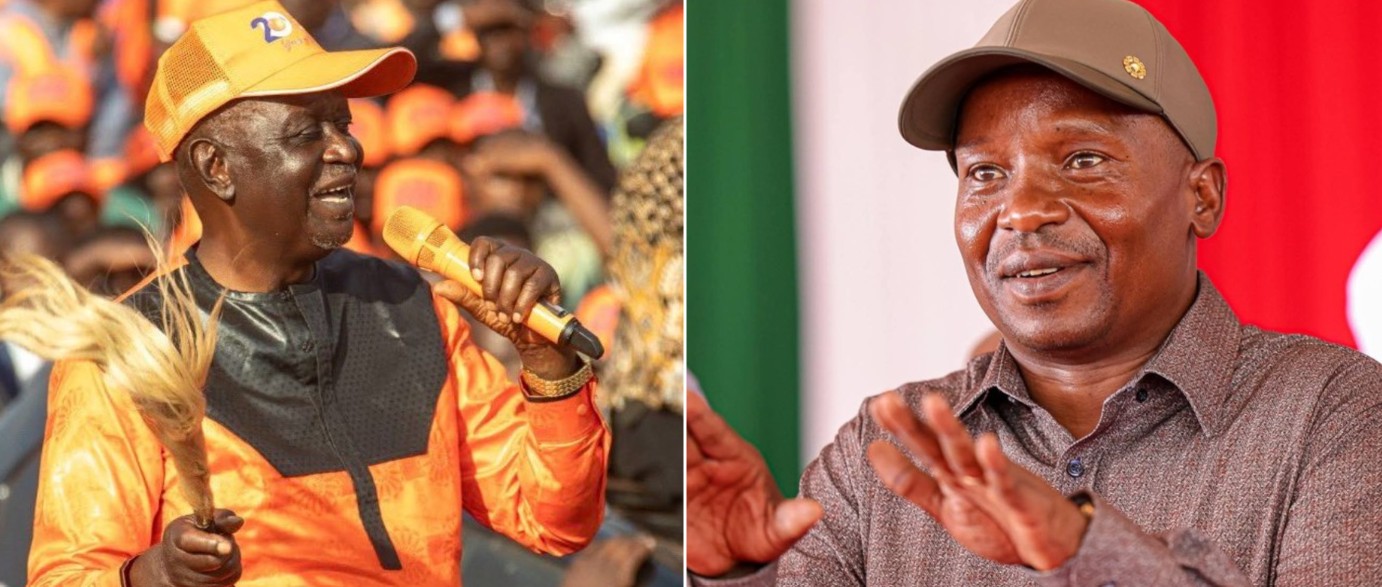

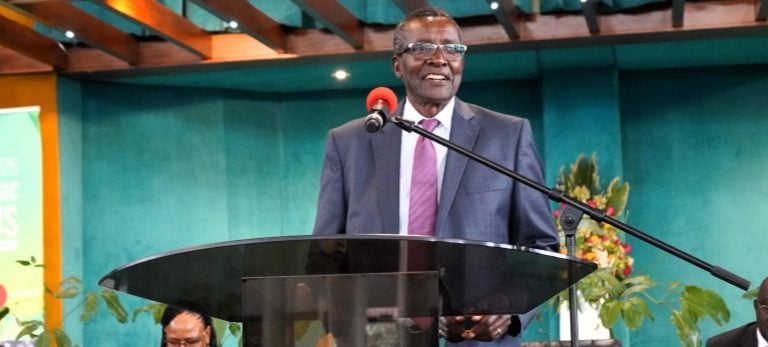
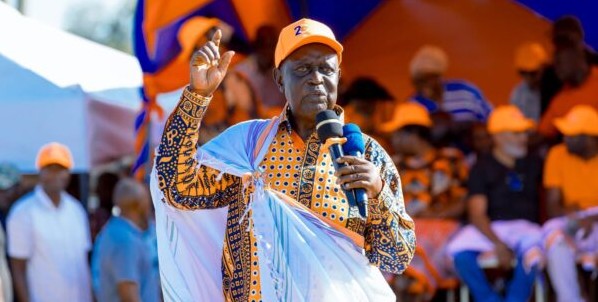

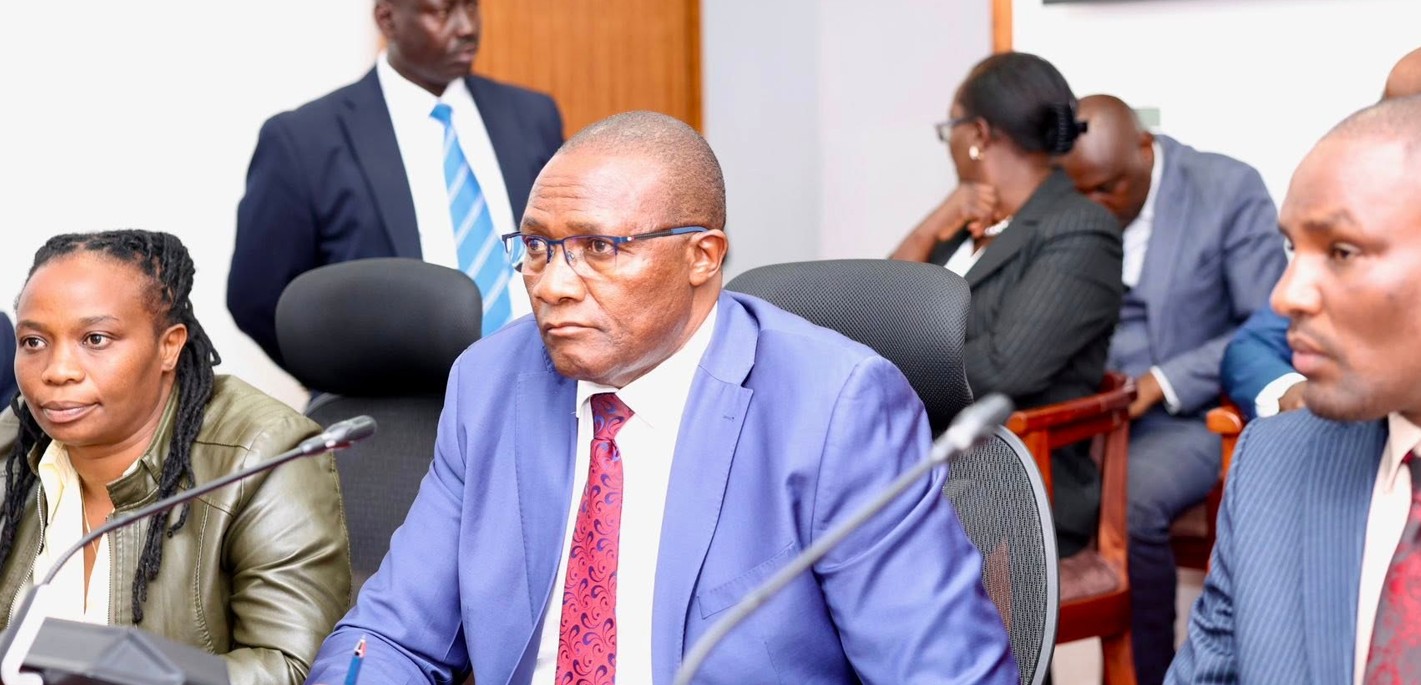

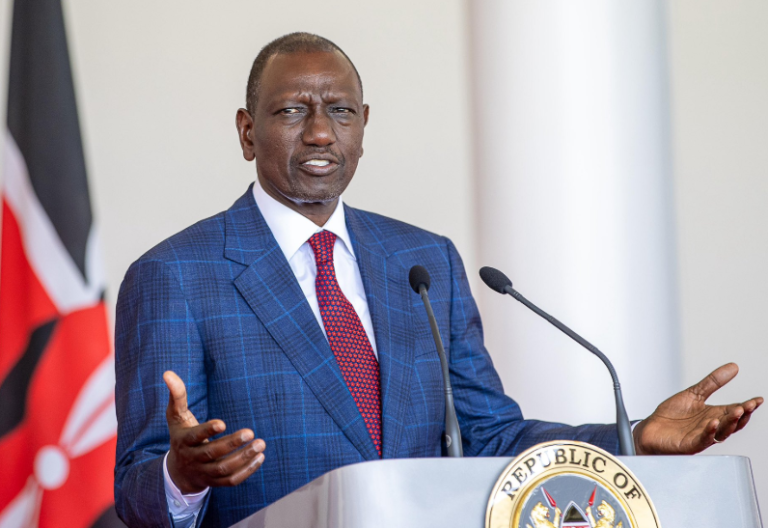

Leave a Reply